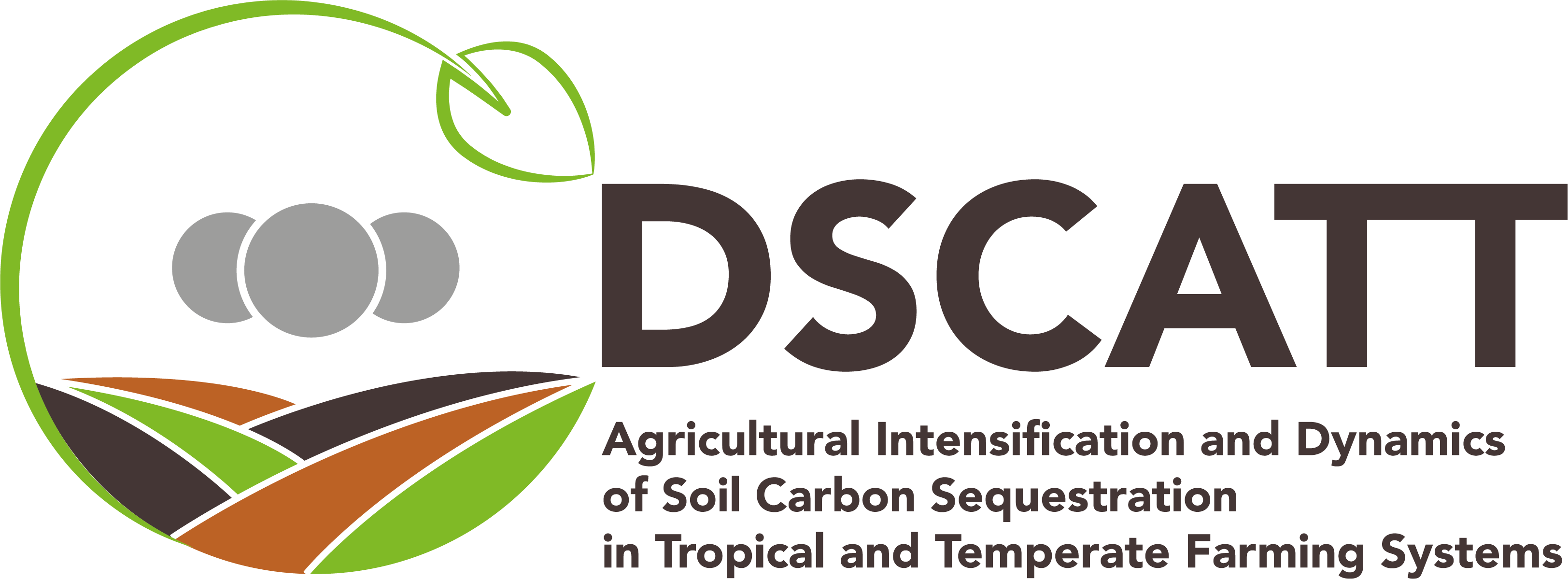Nutrients cause consolidation of soil carbon flux to small proportion of bacterial community
Item
-
Title
Nutrients cause consolidation of soil carbon flux to small proportion of bacterial community
Nature Communications
-
Creator
Bram W. Stone
Junhui Li
Benjamin J. Koch
Steven J. Blazewicz
Paul Dijkstra
Michaela Hayer
Kirsten S. Hofmockel
Xiao-Jun Allen Liu
Rebecca L. Mau
Ember M. Morrissey
Jennifer Pett-Ridge
Egbert Schwartz
Bruce A. Hungate
-
Subject
Carbon cycle
Microbial ecology
-
doi
10.1038/s41467-021-23676-x
-
Abstract
Nutrient amendment diminished bacterial functional diversity, consolidating carbon flow through fewer bacterial taxa. Here, we show strong differences in the bacterial taxa responsible for respiration from four ecosystems, indicating the potential for taxon-specific control over soil carbon cycling. Trends in functional diversity, defined as the richness of bacteria contributing to carbon flux and their equitability of carbon use, paralleled trends in taxonomic diversity although functional diversity was lower overall. Among genera common to all ecosystems, Bradyrhizobium, the Acidobacteria genus RB41, and Streptomyces together composed 45–57% of carbon flow through bacterial productivity and respiration. Bacteria that utilized the most carbon amendment (glucose) were also those that utilized the most native soil carbon, suggesting that the behavior of key soil taxa may influence carbon balance. Mapping carbon flow through different microbial taxa as demonstrated here is crucial in developing taxon-sensitive soil carbon models that may reduce the uncertainty in climate change projections.
